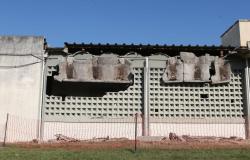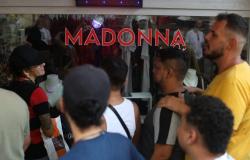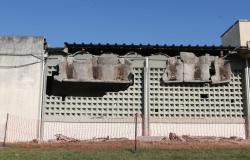
Amnesty International releases report on human rights around the world and cites cases of violence in RJ
Systemic racism and gender-related inequalities are two factors identified by Amnesty International as the main triggers for human rights violations in Brazil.
The report says that racism and sexism are also elements that prevent access to decent food, housing and work. It exposes the fact that black women are located at the lowest level of the social pyramid.
Among households headed by black women, 22% were hungry and 63% were below the poverty line last year.
Racism is also a major factor in violations of the right to education, according to Amnesty. Of the more than 2 million children and adolescents who were away from school in 2023, more than 60% were black children and adolescents.
Racism appears as one of the justifications for this absence: 6% of these students claim to have abandoned school because of racial prejudice and 48% are children and adolescents who say they need to work to help their income at home, which is why they stop attending schools. classes.
Another 30% say they have difficulty learning, which also exposes the deficiency of Brazilian education in retaining these students and 14% are girls who become mothers and therefore drop out of school.
The document also highlights the “illegal use of force in Brazil” which affects black and peripheral people disproportionately.
According to the report, in just three months, more than 390 people were killed in police operations in Rio de Janeiro, São Paulo and Bahia.
Regarding Rio, the report also mentions the deaths of children and adolescents. One of the cases mentioned is the death of Thiago Flausino, aged 13. The teenager was shot during a Military Police operation in Cidade de Deus, in the West Zone of Rio. He was on the back of a motorcycle when he was shot. The minor had no criminal record.
Another case cited is that of Eloáh Passos, aged 5, who died during an exchange of gunfire in Morro do Dendê, on Ilha do Governador. She was inside the house.
Tags: Systemic racism gender inequalities main triggers human rights violations Brazil Amnesty International Rio Janeiro





